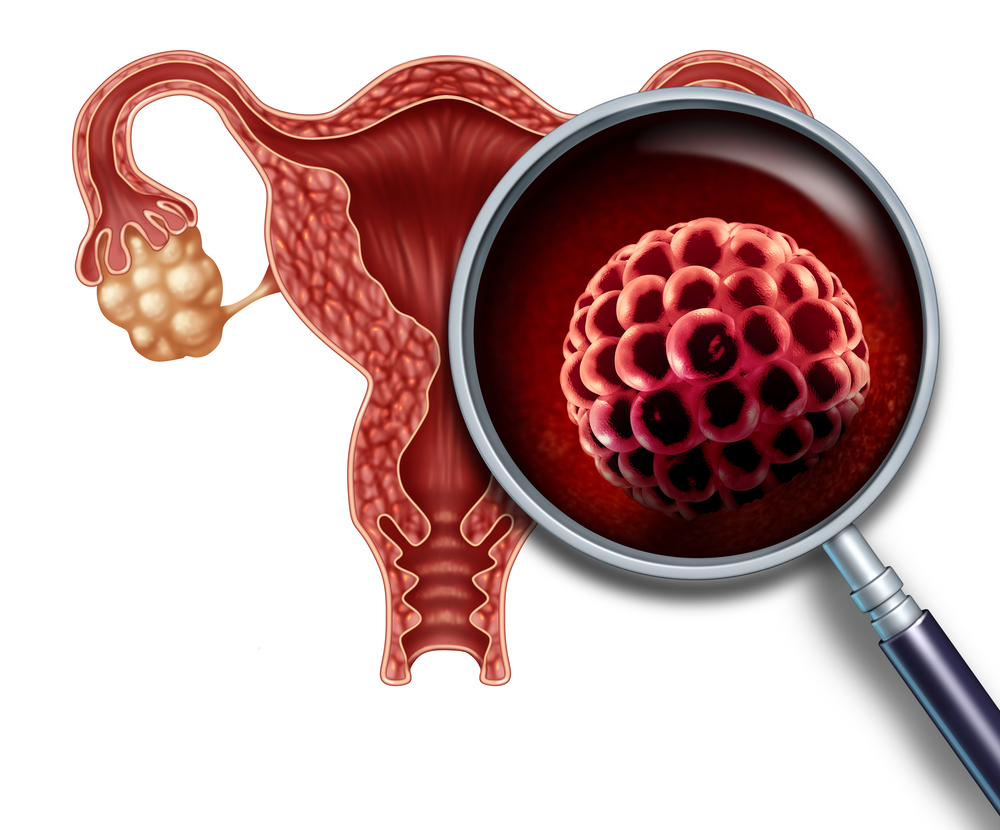What’s going on?
You may not know or feel that you are pregnant at this stage, but good news – you have a baby-in-the-making growing inside of you! You may experience some PMS-like symptoms such as sore breasts and cramps, but both time and a home pregnancy test kit will let you know if these are a sign of your impending period or the start of your baby’s development in the womb.
Baby at Week 3
Your baby might just be conceived, but he/she is hard at work right now. Your fertilised egg goes through an intensive process of cell division, where if divides into two cells, then four, eight then sixteen, and keeps going as it moves from the fallopian tube to the uterus.
Once it reaches the uterus, this group of cells will resemble a tiny ball (also called a morula) and eventually becomes hollow and is filled with fluid. Scientifically know as a blastocyst, this ball of fluid will attach itself to the lining of the uterus (or endometrium). Aptly called implantation, this process establishes an essential connection as the endometrium will provide your developing embryo with nutrients and assist to remove wastes. In a couple of weeks, this implantation area will develop into the placenta.
What is mum up to?
The waves of hormones coursing through your body may bring about early pregnancy signs, which are similar to the typical pre-menstrual symptoms. Approximately 20-30% of women will experience spotting when the egg implants into the uterine wall. This is called implantation bleeding, which is lighter and scantier than a normal period.
Top tips for Week 3
At the end of this week, you may be able to find out if you are pregnant or not through a positive result on a home pregnancy test kit. These kits can tell if you are pregnant or not by detecting the presence of the human chorionic gonadotropin (hCG) in your urine.
Here are some things to look out for when testing:
- If the result turns out to be negative, do not brush it off and think that you are not pregnant – it might still be early to test. Wait for a few days and if your period still does not show up, take another test.
- Pregnancy test kits are more likely to give an accurate result after a few days to a week of a missed period.
- If you still have not gotten your period or a positive pregnancy test kit after more than 2 weeks, make an appointment to see your gynecologist as soon as possible.
READ NEXT
























